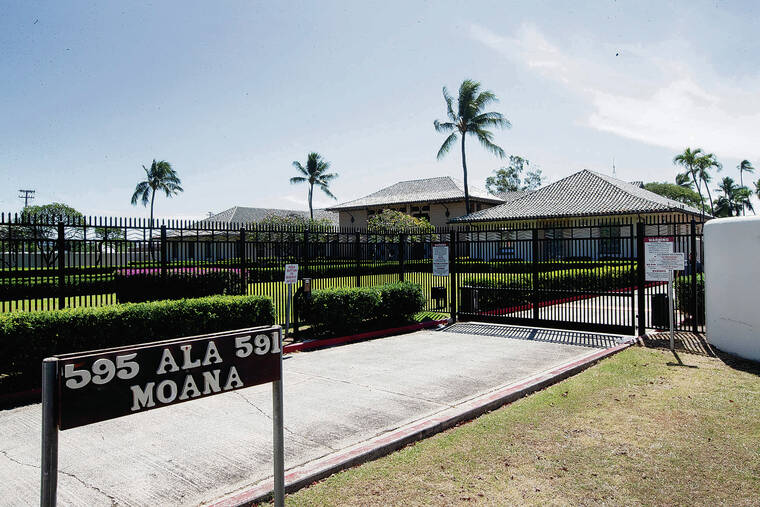Editor’s note: Annaleah Atkinson is a freelance columnist for The Garden Island and the Teen Court manager for Hale ‘Opio Kaua‘i. The following is an excerpt from Atkinson’s newsletter, requesting that teens write their legislators to pass resolutions in support
Editor’s note: Annaleah Atkinson is a freelance columnist for The Garden Island and the Teen Court manager for Hale ‘Opio Kaua‘i.
The following is an excerpt from Atkinson’s newsletter, requesting that teens write their legislators to pass resolutions in support of National Youth Court Month in September, 2007.
Passage of the resolutions would assist with future funding, continued technical assistance, and sustainability of programs. The sample letter that follows can be used and addressed to legislators listed below.
Dear Friends of Teen Court,
In one way or another, I have had a direct personal experience with you in relation to Teen Court. I am sending you this letter in the hopes that you will have the time to contact our senators, and the Honorable Mazie Hirono to pass a resolution that September be designated as Honorary Youth Court month. It will bring positive attention to the over 1,000 youth court programs nationally, and may help keep the funding coming in. I am writing a bit about Hale ‘Opio Kaua’i Teen Court below, for your information.
Each year, we serve 200-300 first time detained youth from the ages of 10-17. They are offered the opportunity to use the diversion program of Teen Court instead of the regular juvenile justice system. Respondents appear before a jury of their peers, with attorneys, clerk, and bailiff who are also juveniles. We are blessed that we have actual judges and lawyers who preside as the judges hearing the cases.
HOKTC is based on restorative justice. Rather than focusing on the law that was broken, we focus on the harm caused, and the repair of that harm. Most often we are able to hear cases sooner than the Juvenile Client and Family branch of the 5th circuit can hear them. Nationally, youth courts have a lower recidivism rate than the regular juvenile justice system. Our respondents learn about courts, the laws, the justice system, jury duty, appropriate court behavior, and relevant tasks of adolescence. When a child completes his sentences, his/her record is cleared. We urge them to then “Pay it Forward”, and do something positive and helpful for at least 3 other people. It is a worthy use of government funds.

Subscribe today for unlimited access.
Already a subscriber?
Login
Not ready to subscribe?
Register for limited access.
If you have a print subscription but require digital access,
activate your account.




